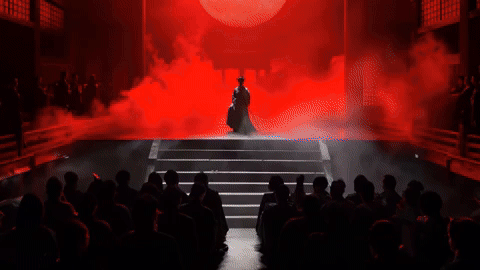Virtual influencers have been making headlines for quite a few years now, both in China and abroad. But besides influencing, virtual humanoids have been getting all kind of jobs, as idols, or VTubers, and now, as commercial livestreamers.
Selling products via livestreams is physically demanding, extremely repetitive, and arguably dull — but the industry still holds immense commercial value for businesses of all sizes.
There are livestreamers whose main responsibility is to have an attractive and soothing demeanor, while others showcase the production process in factories or rural areas. Other livestreaming megastars, like ‘Lipstick King’ Li Jiaqi, have managed to achieve mainstream fame.
Baidu’s digital service ‘Yunxi Ling’ relies on Baidu’s very own AI language model Ernie to provide “digital human solutions for different applications,” from livestreaming and customer service to fashion influencing.
The service aims to make hosted livestreams accessible for businesses who can’t afford the developing costs, and even generated a digital news anchor named Little C for China’s state television network.

Tech giant Tencent also launched their own platform in April, promising to serve up a custom digital host in just three minutes.
There are some obvious advantages to AI-powered hosts — reduced costs, no risk of illness during a big sales event, and no PR scandals, for instance.
The world of digital entertainment in China is subject to constantly changing regulation, under written and unwritten rules which can be hard to grasp; it’s not uncommon for public figures to misstep and disappear for months at a time to wait out the storm.
Li Jiaqi himself vanished for a few months after a controversy involving a tank-shaped cake, while many other famous livestreamers have been fined millions of dollars for tax evasion.
However, many are skeptical about a wholesale takeover by AI livestreamers.
Despite being a new industry, livestreaming has emerged as a unique feature of Chinese e-commerce. It’s often the unique personality, appearance, or energy of the host that convinces customers to place an order.
Customers trust celebrity hosts like ‘Lipstick King’ Li Jiaqi — they’re seen as reliable professionals, who would never settle for a deal with a product they didn’t personally believe in.
It remains to be seen whether it will be possible for virtual livestreamers, without personality, a sense of judgment, or authenticity, to reproduce this unique type of parasocial relationship.
Cover image via Baidu


















